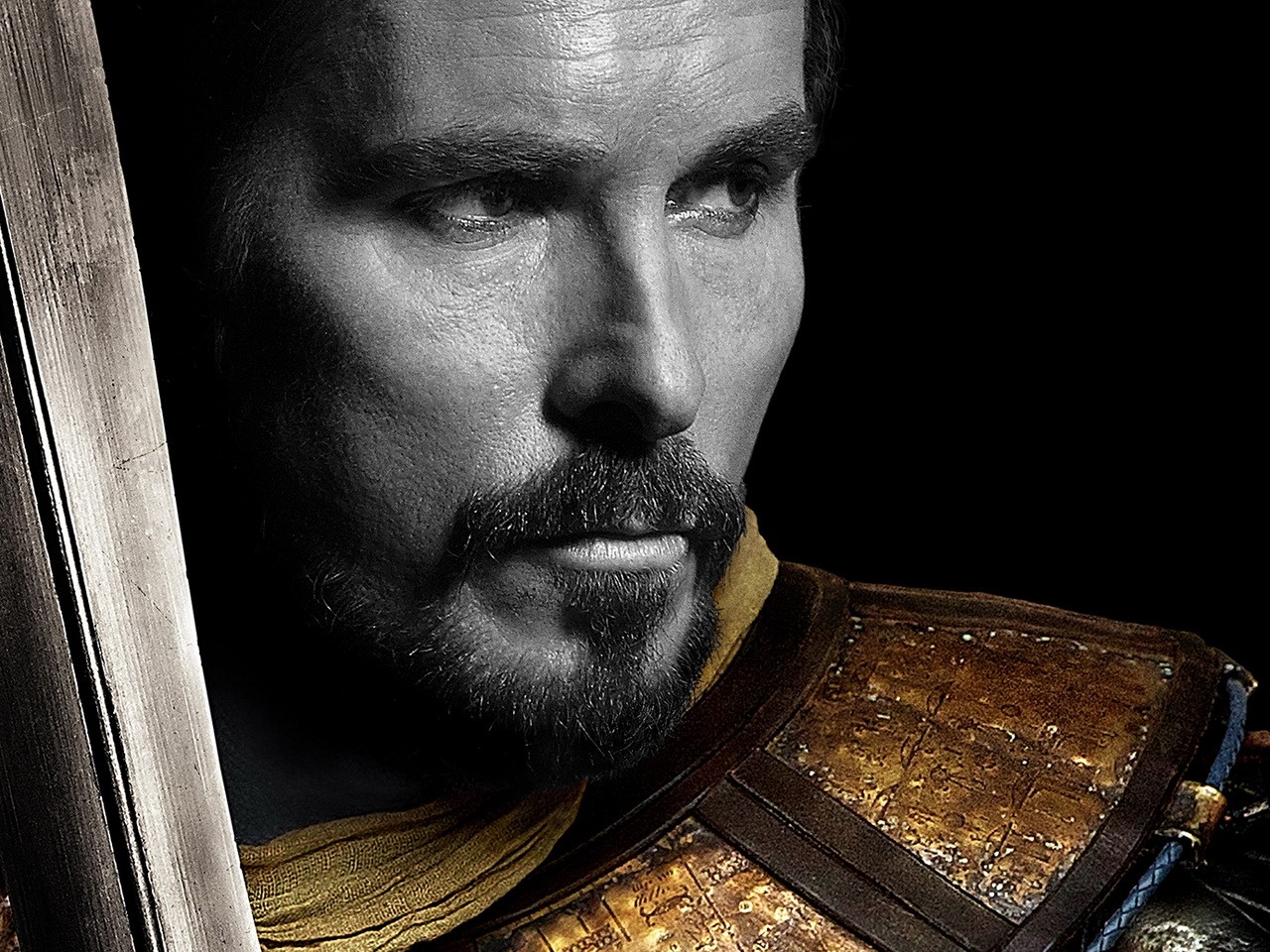I’m currently teaching a course at BTS on the books of Samuel and Kings. One of the assignments is to write a blog about a controversial passage in these two books. This one is written by MDiv student Jason Craig.
Although biblical blockbusters like Noah and Son of God have been trending in Hollywood, certain biblical accounts would never work on film. The “man of God” narrative from 1 Kings 13 is one example of a screenplay disaster. The story begins with Hollywood potential, but quickly spirals into a  confusing mess.
confusing mess.
Visualize the scenes: King Jeroboam (Christian Bale) has defied God by constructing unauthorized temples in the hill country of Ephraim. A scraggly prophet (Kirk Cameron) ascends the wind-swept mountain of Bethel, screaming rebukes and predicting the demise of Jeroboam’s dynasty. Then, reaching for the prophet’s throat, the king’s hand shrivels and the altar explodes. Fantastic!
The story, though, takes a surreal turn when the man of God encounters another prophet (Christopher Walken), who is so desperate for a houseguest that he convinces the man to break his fast. Then, dissolving to the next scene, the man of God is mauled to death by a lion. What?
“What is God the formula for meting out punishment?” Idol-loving Jeroboam lived a long life. The old prophet feigned a word of the Lord without consequence. The hillside hero, however, eats early and—boom—big cat justice. The prophet’s death creates a tension that offends our sense of fairness. Disorienting as it may be, several lessons emerge from this narrative:
- God’s sin-punishment gauge is different from our own. Jeroboam maintained a trajectory of evil, but continued to reign for 22 years (1 Kings 13:33). God delayed judgment until Josiah’s reign (2 Kings 23:15–17). The man of God began on a righteous path, but failed to seek the Lord before breaking his vow. His trajectory of disobedience led to a swift death. The old prophet started off poorly but ended honorably by mourning the man’s death and burying him in his own tomb. God honored this trajectory of obedience.
- God is gracious in an environment of disobedience. Jeroboam’s hand was restored even though he stood in direct opposition to God. Likewise, the old prophet lived a long life with the message of God on his lips (1 Kings 13:32). Even God’s command to the man of God was gracious gift. The vow was a protection for the prophet, lest he divide his loyalties and join the hill-country corruption.
- Serving God does not preclude us from punishment.. An aching stomach and the wooing words of a stranger were opportunities for obedience. Instead, the prophet broke all three components of his vow by walking to house and compromising at the table. Sin compiles to form a dangerous trajectory. Let us not be fooled into thinking that a life of ministry gives us a special dispensation. A vigilant spiritual life is restrained in the face of temptation, preferring the voice of the Lord to the world.
- The lion models perfect obedience. Not only does the lion obey the voice of the Lord, but it defies its natural inclination to consume the man, the donkey, and curious bystanders.
How can we prevent our sin from forming a dangerous trajectory?
